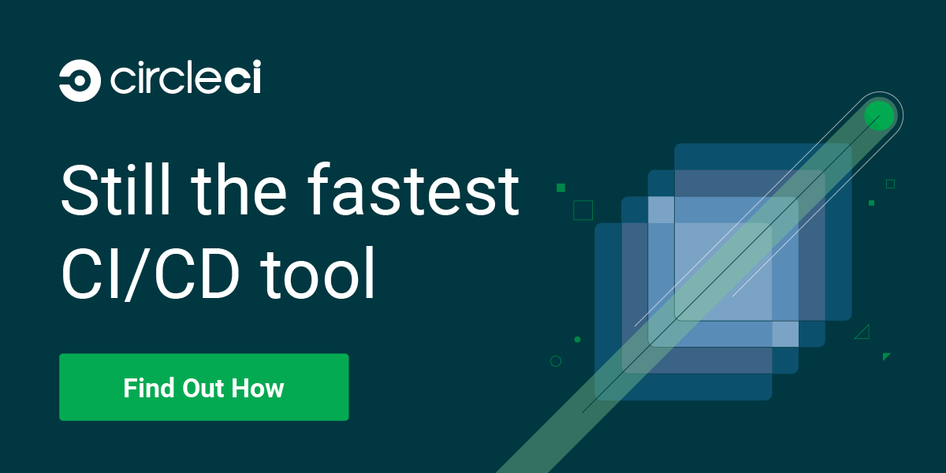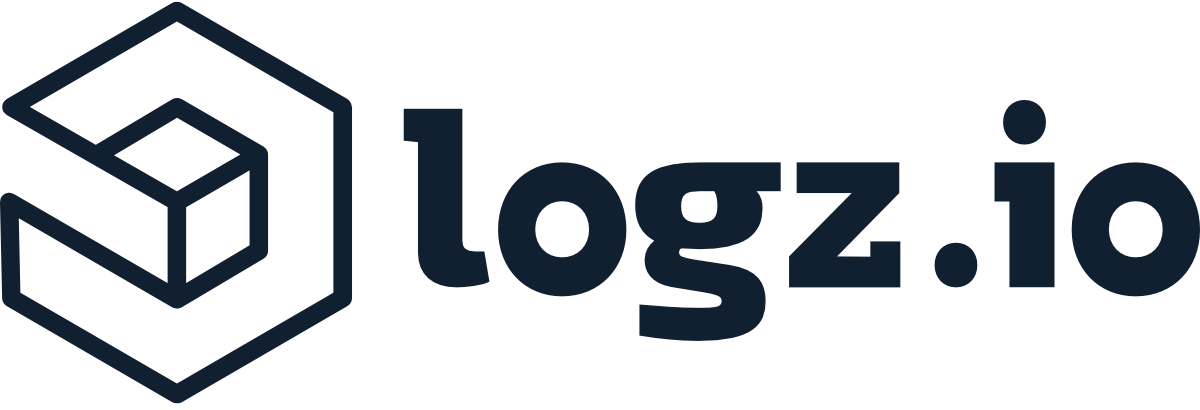Jump straight in:
0:00 - Intro
0:23 - Introducing Carl Gersh, VP of Global Marketing at IGEL
0:47 - What is DISRUPT 2024 all about?
2:14 - What can attendees look forward to?
4:47 - Is it one show? Multi shows? And why the move to Miami?
8:44 - What is the focus or theme of this year's event?
11:59 - What are the challenges in EUC right now? And what is IGEL doing to address them?
16:55 - DISRUPT's line up of industry expert speakers and sponsors
19:18 - One big surprise!
20:29 - How to get registered for the event.
22:14 - Wrap up
What's Happening at #DISRUPT24 in Miami: The EUC Event of the Year - Update with Carl Gersh of IGEL
Written by Brian Ducharme
Get ready for DISRUPT 2024, the ultimate EUC tech event taking place in Miami! Find out what's happening at this year's event as it moves from Nashville over to Miami, taking place at the Diplomat Beach Resort, April 29 - May 1, 2024.
Don't miss this VMblog video interview with IGEL's VP of Global Marketing, Carl Gersh to better understand why you need to be in attendance.
Buckle up, get registered, and be ready to dive into the future of enterprise technology, unveiling the latest innovations and exploring game-changing concepts.
This year's conference promises to be a whirlwind of insights, featuring a stellar lineup of thought leaders, industry pioneers, and tech enthusiasts. Brace yourself for over 40 breakout sessions meticulously curated into tracks, ensuring a tailored experience for every attendee. From Microsoft and Citrix to Broadcom and HP, the event will showcase an impressive roster of sponsors, each pushing the boundaries of what's possible.
But that's not all! Get ready for a captivating performance by none other than the Grammy Award-winning Gypsy Kings, who will electrify the DISRUPT party with their infectious rhythms. And if that's not enough to whet your appetite, they will also be unveiling IGEL's new positioning as a secure endpoint operating system, delving into the concept of "Zero Trust" and the pivotal role of AI in shaping the future of enterprise tech.
Secure your spot now and experience the magic of DISRUPT 2024 firsthand. Discounted hotel rates are available at both the Diplomat and Double Tree hotels, ensuring a truly immersive experience. Don't miss out on this extraordinary gathering of minds - register today and prepare to be disrupted!
Use code VMBLOG24 for a special discounted price!
https://www.igel.com/disrupt24/

Brian Ducharme
Brian is an event reporter for VMBlog.com and an expert in virtualization/cloud techonlogies. In his 15+ years of experience in the virtualization/cloud field he has interviewed hundreds of companies, users and executives. Brian has been an active member of the NEVMUG (NEVTUG) since 2006 and attends both vmworld and Citrix Synergy every year. Brian works full time as a Senior Software Engineer for Liquidware Labs.
Brian also spent 5 years as the managing editor of Virtual Strategy Magazine, an online magazine focused on the virtualization industry and has been with vmblog since 2011. He has a background in Computer Graphics, Marketing, Programming, Web Design, Mobile App Development, Linux Administration and is an active member of the NHJS group.
Latest from Brian Ducharme
- VMware Explore 2025, an Essential Cloud Event for IT Professionals, Returns to Las Vegas and Extends to New Regions
- VMblog NerdioCon 2025 Interview: Premier One CTO Chris Hamm on Specialized MSP Services and Azure Optimization with Nerdio
- Pax8's Eric Torres Discusses Enhanced Nerdio Partnership & MSP Marketplace Solutions: NerdioCon 2025
- Huntress Security Expert on AI-Enhanced Threats, MDR & Microsoft Security Partnership - NerdioCon 2025
- XenTegra CEO on Partnership, Microsoft AVD Strategy & Nerdio Workshops - NerdioCon 2025








